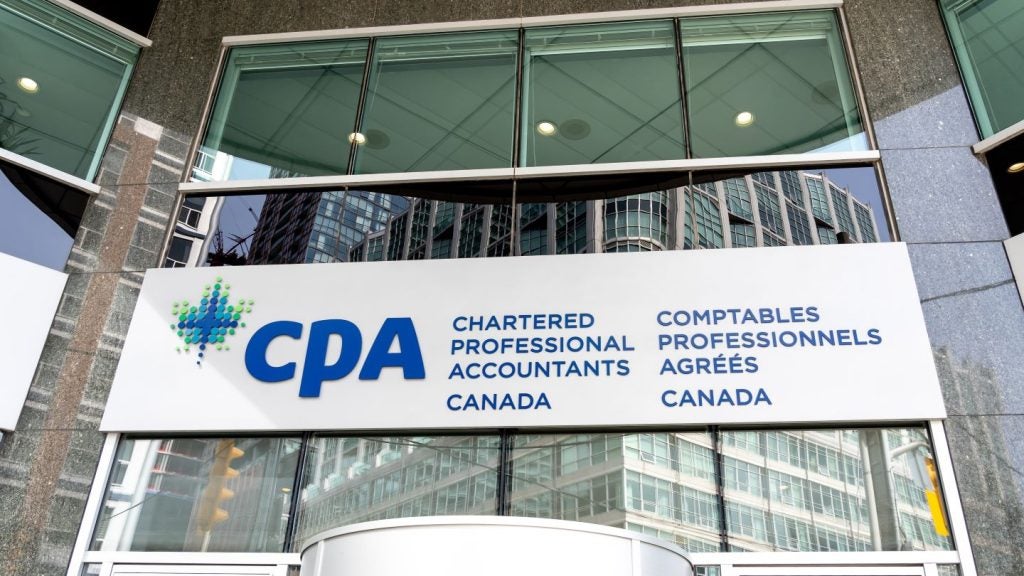
The International Ethics Standards Board for Accountants (IESBA) has started a public consultation to examine the issue of auditor independence in the context of audits of collective investment vehicles (CIVs) and pension funds.
The consultation paper released by the IESBA invites feedback on whether updates to the International Code of Ethics for Professional Accountants are needed to address auditor independence in these specific audits.

Access deeper industry intelligence
Experience unmatched clarity with a single platform that combines unique data, AI, and human expertise.
Investment funds and pension schemes often depend on third-party service providers for tasks that are typically handled in-house in traditional corporate structures.
This arrangement creates particular relationships that need thorough evaluation to identify and manage any potential threats to auditor independence.
The IESBA’s consultation paper highlights several important matters including the definition of “related entity” within the Code.
It also looks into the relationships between auditors and related parties in the context of investment schemes, considering how these connections could influence auditor objectivity and independence.

US Tariffs are shifting - will you react or anticipate?
Don’t let policy changes catch you off guard. Stay proactive with real-time data and expert analysis.
By GlobalDataThe global expansion of investment schemes has been notable, with the total assets of regulated open-end funds, which include CIVs, reaching approximately $69trn in 2023, according to the Investment Company 2024 Factbook.
With this growth, the IESBA stresses the importance of maintaining “clear” and “strong” standards of auditor independence to uphold public trust in audits of these funds.
Additionally, the consultation paper examines the application of the Code’s conceptual framework when assessing threats to auditor independence.
This includes evaluating how relationships, interests, or other circumstances between auditors and connected parties might pose risks to the objectivity of the audit process.
IESBA chair Gabriela Figueiredo Dias said: “Investment Schemes play a critical role in both the savings and retirement of ordinary citizens and in the development and growth of our economies.
“This underscores the high level of public interest, and therefore the fundamental role of the independent audit, in this segment of the global financial system.
“Through this consultation, we are inviting stakeholders to share their insights and perspectives on specific matters to ensure that our independence standards remain relevant and capable of consistent application across audits of these schemes globally.”






